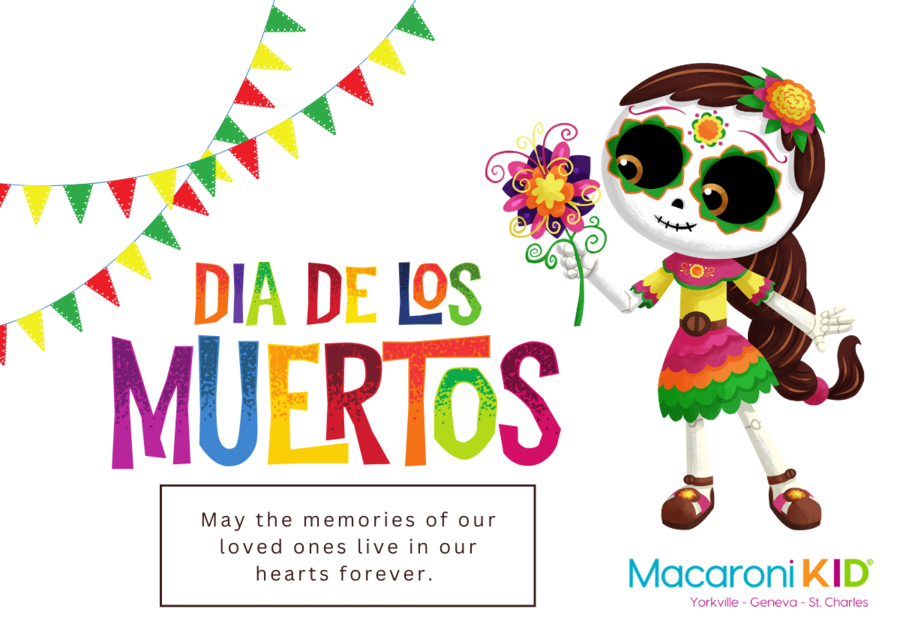Day of the Dead, or "Día de los Muertos" in Spanish, is a traditional Mexican holiday that celebrates and honors deceased loved ones. It is typically observed on November 1st and 2nd, which coincide with the Catholic holidays of All Saints' Day and All Souls' Day.
During Day of the Dead, families and communities come together to remember and pay tribute to those who have passed away. It is a joyful and colorful celebration that involves various customs and traditions, including:
- Creating Ofrendas: Families create altars, known as "ofrendas," in their homes or at cemeteries. These ofrendas are adorned with photographs of the deceased, candles, incense, marigold flowers (known as "cempasúchil"), sugar skulls, favorite foods, and other mementos that the deceased enjoyed during their lifetime.
- Visiting Graves: People visit the graves of their loved ones to clean and decorate them. It is a time for reflection and remembrance, and families often share stories and anecdotes about the deceased.
- Sugar Skulls: Sugar skulls are colorful, decorative skulls made from sugar or other materials. They are often inscribed with the names of the deceased and are used as offerings on ofrendas.
- Calavera Catrinas: These are elaborately dressed skeleton figures that have become a symbol of Day of the Dead. They are often depicted in various forms of art and decoration.
- Pan de Muerto: "Pan de Muerto," or Bread of the Dead, is a sweet bread shaped like a round skull with crossbones. It is a traditional food item made and consumed during this holiday.
- Processions and Parades: In some Mexican cities, there are parades and processions with people dressed in colorful costumes and face paint, often depicting skeletons and other symbols associated with the holiday.
The purpose of Day of the Dead is to celebrate the lives of those who have passed away and to show that death is not the end but rather a continuation of the journey. It is a time for families to come together to remember their loved ones, and it is also a way to connect with Mexican cultural traditions and heritage. While Day of the Dead has its roots in Mexico, it is celebrated by people of Mexican descent in other parts of the world as well.


